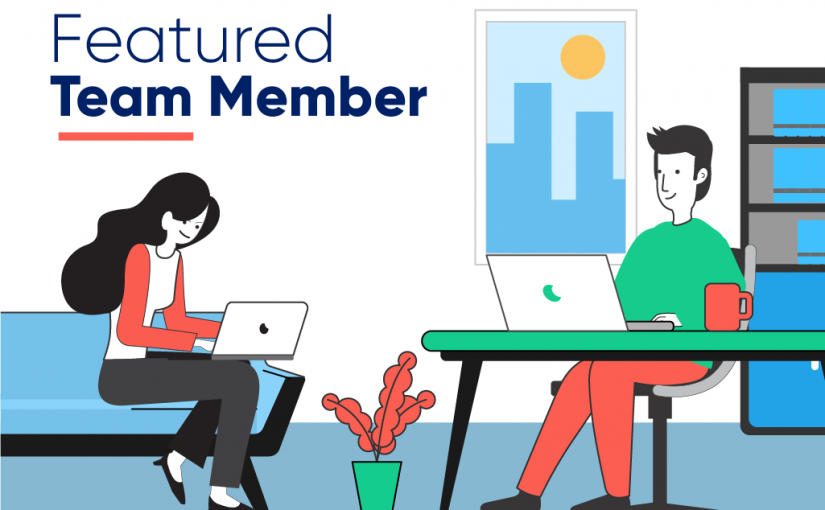Workplaces are returning to normal, and managers are reconnecting with employees in real time and in person again. Colleagues are also coming back together and relearning how to work together again for the betterment of the team and the company.
This process can take some getting used to but there are many tips and techniques for speeding up the awkward return to work that can help your workplace become more productive and efficient than it was even before the pandemic ran across the nation. If you’re looking for a happy and collaborative workplace, try these seven tips and techniques.
Have A Common Purpose

Nothing rallies troops together like a shared goal or purpose, and it’s no different for workplace employees. You should bring your employees in on the first day and remind them about your company’s values and vision for the future.
You can inspire them to work productively by giving them a goal to strive for and a hypothetical future to look forward to. Employees are much more likely to make a meaningful contribution if they believe in the vision of your workplace and can see their hard work doing great things in real time.
Make Friendships
Another technique that inspires employees in the workplace is the belief that they’re working with people they can trust and rely on. In order for this idea to take shape, you need to foster friendships within the workplace and attempt to have your employees see eye to eye with each other on a number of topics.
Of course, you can’t force people to be friends, but you can instill a culture of friendliness and dependence for multiple people working on the same team. Your employees will be more engaged when you use this method, and they’ll work harder and faster knowing their friends are depending on their efforts.
Use A Corporate Social Network

Social networking is not just for your customers. Your employees like to social network to and you can take advantage of this love by allowing them to hop on a corporate social media page and engage with their colleagues and supervisors.
Many companies have found that social media networks boost the productivity and engagement of their employees and lead to better and more consistent work across the board. This works because social networking will make your employees feel like a part of the team and like they’re contributing to something meaningful.
Make Reflection Key
Just like in an individual’s life, reflection is often the first step to improvement and the cement used as the foundation to a better and more productive life. You should hold retrospectives for your employees and allow them to voice their complaints and positive messages about the work the office has been doing over the last few weeks.
You should record these sessions and take notes about the things that are on your employees’ minds. This recording and the notes you take will help you give direction to their frustrations and positive feedback and allow you to show them what they could be doing differently from week to week. Introspection and retrospection are two key ingredients for collaboration and engagement.
Establish A Culture

This is a fundamental idea that many businesses today struggle with. Corporate identity is often put first, and employees struggle to find themselves with the confines of the business mentality on a daily basis.
You can nip this fear and frustration in the bud quickly by giving your employees a culture to rally around and engage in without feeling self-conscious or fearful. Once you establish a culture of high-quality work and confidence, your employees will follow suit, and they’ll collaborate in an easier and more relaxed manner.
Be A Top-Down Leader

One frequent mistakes many managers make is to lock themselves in their office and focus on tasks that may not be as important to their direct employees. While you obviously have to keep an eye on your outside responsibilities and make sure your bosses are happy, your employees should also feel like they can talk to you at any time of the day.
If they’re feeling swamped or beaten down, they should be able to enter your office and talk to you about it. Managers are with their employees in a personal way, walking among them and making sure everything is going smoothly. Taking just a half-hour out of your day will go a long way in helping your employees with the task at hand.
Highlight Strengths
Finally, one of the best ways you can manage and make sure your employees are collaborating together well and frequently is to highlight the strengths of each person in your office and delegate in turn. No one person is good at everything, but everyone is good at something. If you can find and accentuate the strengths of your employees, you’ll be one step closer to bringing the office together and making sure everyone is doing their best work at all times.












































